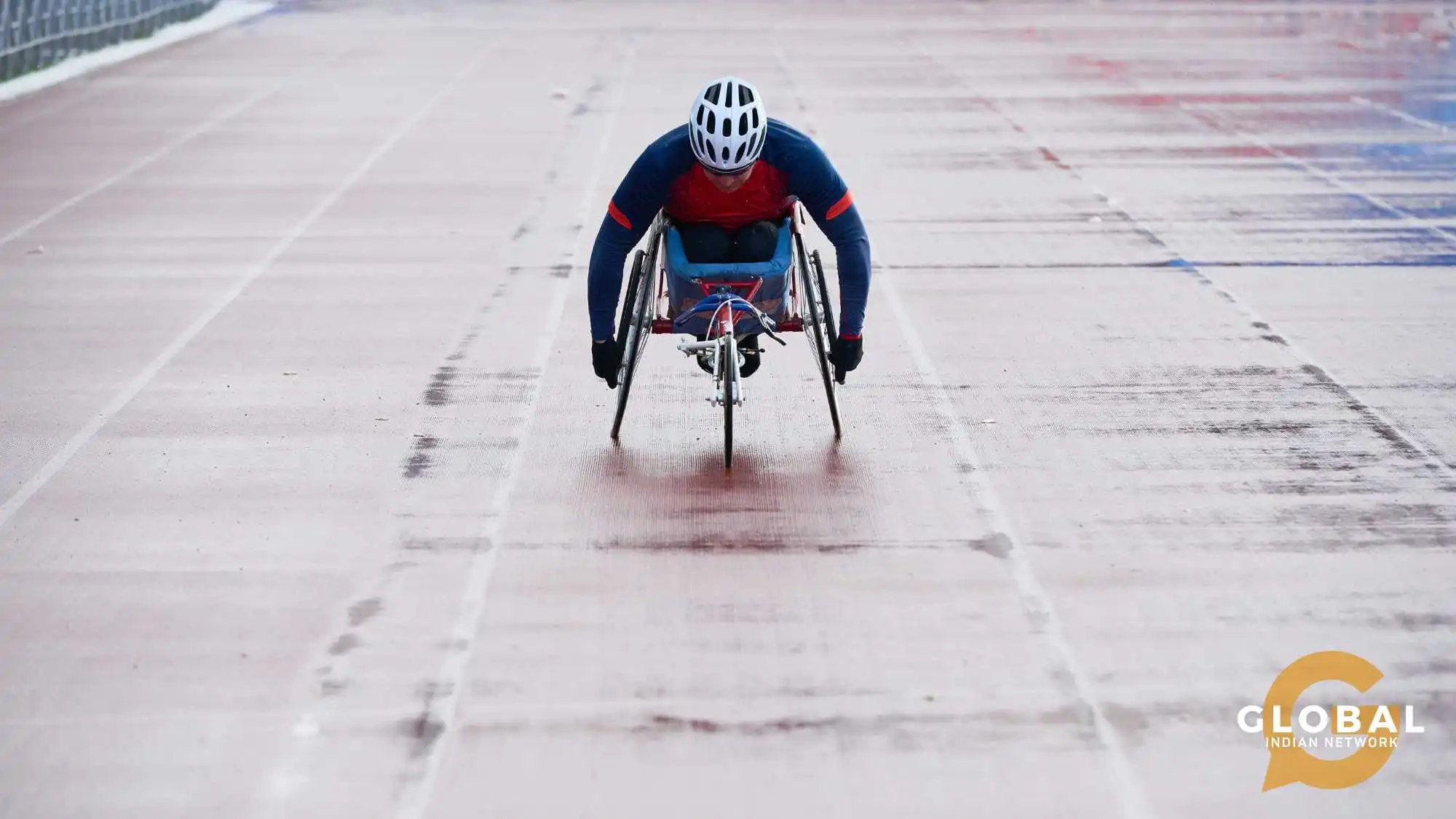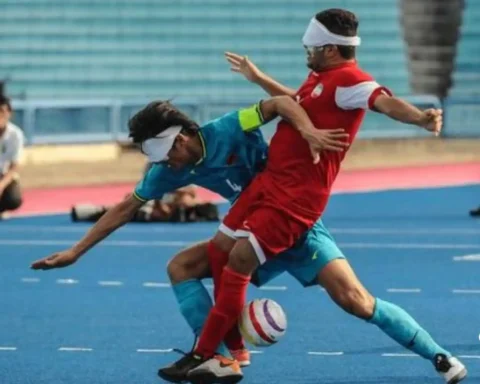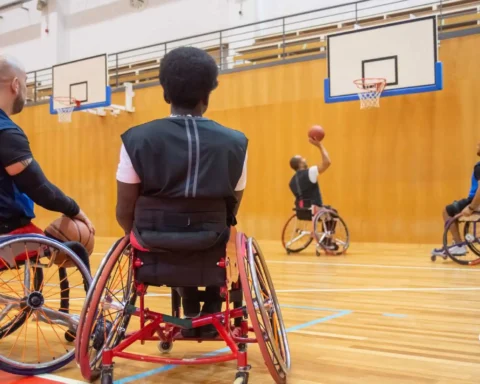It all started in Rome in 1960 with 400 athletes with disabilities from 23 countries. Fast forward to the 21st century, the Olympics are now a global phenomenon, bringing people of all abilities from the world to compete against each other in front of billions of spectators.
To increase inclusion, the Olympics have opened the categories of Special Olympics and Paralympics. While both categories test athletic expertise, the Special Olympics and Paralympics are two distinct organizations identified by the International Olympic Committee (IOC)
Let's discover the differences between the Special Olympics and the Paralympics.
Table of Contents
What is the Paralympics?
The Paralympics category seeks to include individuals with physical disabilities.
The Paralympic Movement stemmed in 1948 when Sir Ludwig Guttmann arranged a sports competition in Stoke, Mandeville, England, involving 16 war veterans with similar spinal cord injuries. After four years, competitors from Holland joined the competition, and the Paralympic Movement was born.
Being held every four years right after the Olympic games, the Paralympic Games have bloomed to become one the world's biggest sporting events.
Athletes at the Paralympics represent various kinds of disabilities. For instance, wheelchair competitors play sports like basketball with exceptional control and tactics. Athletes with visual impairments compete in sports such as running with aid from a sighted assistant. Amputee athletes redefine strength through jaw-dropping performances and the use of prosthetics.
However, to be fair, the Paralympic system classifies participants based on the severity of their disability. Participants in each group then compete with one another.
It is certainly quite inspiring to witness individuals from all around the globe demonstrating to us not just impressive physical performance but also their unwavering ambition and determination. With each participant redefining the idea of human potential, the competition is intense.
One of the most special Paralympians of all time is Trischa Zorn. Coming from the United States, Trischa is an extraordinary Para swimmer who has won 55 individual medals in the Paralympic games. In 2012, she was inducted into the International Paralympic Committee Hall of Fame, inspiring many around the world.
YOU MIGHT BE INTERESTED IN: From Disability to Triumph: Azeem Amir's Remarkable Career in Blind Football
What is the Special Olympics?
The Special Olympics has been developed to include athletes with intellectual disabilities. Intellectual disability involves a range of cognitive limitations, including learning, problem-solving, and social skills.
It was begun by Eunice Kennedy Shriver (sister of John F. Kennedy) in 1968 out of love for her sister Rosemary Kennedy who suffered physical and intellectual disabilities. It has now boomed into a global phenomenon improving the lives of millions through opportunities.
Athletes from the age of eight are permitted to partake in the Special Olympics Games. There are numerous categories of games for people to participate in from basketball to gymnastics.
The essence of the Special Olympics Games lies in winning through participation. While it celebrates skill, there is a heavier emphasis on participation and instilling in participants a sense of accomplishment. The Special Olympics is truly a beautiful movement providing participants with opportunities for social interaction and finding a supportive community. It is not just a game, rather the Special Olympics is a movement aiming to create a new world of inclusion and community, where every single person is accepted and welcomed, regardless of ability or disability.
One of the most inspiring Special Olympics athletes is Loretta Claiborne from Pennsylvania. Although diagnosed with severe intellectual disability, besides being an accomplished runner at the age of 50, she also learned how to figure skate and eventually competed in the Special Olympic World Winter Games.
Differences Between the Special Olympics and the Paralympics
While both seek to increase inclusion and represent people with all abilities and disabilities, there are differences between the Special Olympics and the Paralympics.
Paralympics has more to do with physical abilities seeking to encourage and include athletes with physical impairments. This could include impaired muscle power, impaired vision, limb deficiency, hypertonia, and short stature among others.
On the other hand, the Special Olympics involves people with intellectual disabilities. This could include a cognitive delay, or a developmental disability, that is, limitations in both general learning and adaptive skills.
Conclusion
Although commonly mistaken as the same, both Special Olympics and Paralympics are two different movements championing the inclusion of those with disabilities. Understanding the differences between the Special Olympics and the Paralympics enables us to truly appreciate the purpose and impact of these games.
Both movements are strong testaments with athletes showing their audience the power of the human spirit and ambition to combat life's obstacles and achieve remarkable things in life.
FAQs
Is there a difference between the Special Olympics and Paralympics?
Yes. The Special Olympics is designed for those with intellectual disabilities while the Paralympics involves athletes with physical disabilities.
What is another name for the Special Olympics?
The Special Olympics World Games is also known as the Special Olympiad.
What is the difference between the Paralympics and the Deaflympics?
While the Paralympics is for a wide range of physical disabilities, the Deaflympics is specifically catered for individuals with deafness with sign language being used for the entire event.









[…] In 2004, the sport debuted at the Athens Paralympics and has also been a part of every subsequent Paralympics […]